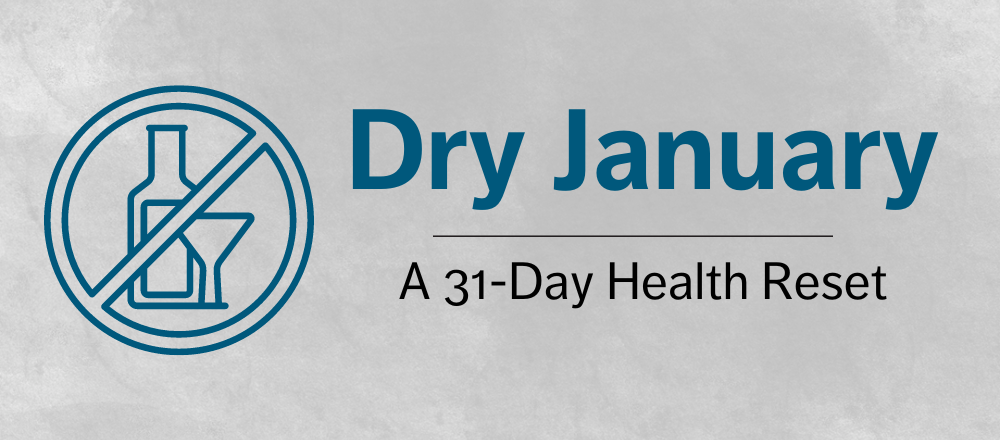How to Stop Feeling Tired All the Time
March 16, 2023By: Ciara Rojas-Pate
Categories: Your Wellness

Occasionally feeling tired is normal. But feeling tired all the time isn’t normal and could be a sign of an underlying medical issue. If you always feel tired and it’s interfering with your quality of life, it’s important to figure out why. First, see your doctor to rule out health-related conditions that could be causing your chronic fatigue, like:
- Anemia
- Chronic fatigue syndrome
- Diabetes
- Fibromyalgia
- Heart Disease
- Hypothyroidism
- Nutrient Deficiency
- Sleep apnea or other sleep disorders
They could also help you figure out other factors possibly contributing, like:
- Excessive caffeine intake
- Mental health conditions, such as anxiety or depression
- Poor sleep habits
- Stress
Here are five ways to help you stop feeling tired all the time.
1. Drink More Water
Staying hydrated can help your body operate at its best. Dehydration can negatively affect your quality of sleep. It can make you fatigued, irritable and struggle to concentrate. How much water you need depends on several factors, but it’s best to drink eight 8 oz. glasses of water each day.
2. Eat a Balanced Diet
Your diet has a big impact on the way you feel. Try to work protein into every meal, especially breakfast. This helps avoid severe changes in your blood sugar throughout the day. Anemia also contributes to feeling tired. Try eating iron-rich foods or taking supplements to help with iron deficiencies.
3. Increase Physical Activity
Feeling tired all the time could be your body crying out for more activity. Regular exercise helps boost energy levels and helps you sleep better. Exercise can increase energy levels and improve symptoms of fatigue more than caffeine.
4. Limit Caffeine and Alcohol
Though caffeine may give you an initial boost of energy, once it wears off it can leave you feeling drained. It can also affect your sleep by keeping you awake and shortening important stages of sleep. The FDA recommends less than 400 milligrams of caffeine per day.
Alcohol can also interfere with sleep quality and your ability to stay asleep. Consuming alcohol within six hours of going to sleep can increase wakefulness in the second half of sleep.
5. Make Time to Relax
Stress and negativity are draining. Taking the time to relax lets your body and mind recover and re-energize. Try deep breathing, gentle stretching or meditation to replenish your energy and stop feeling tired all the time.
If you’re always tired no matter how much sleep you get, it’s time to talk to your doctor and make a few lifestyle changes. Find help from North Kansas City Hospital Sleep Health Center and learn more sleep tips to help improve your quality of sleep.



